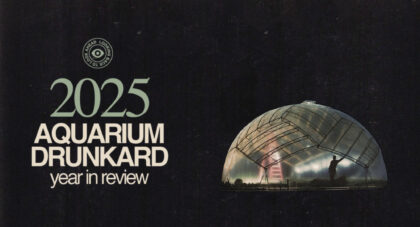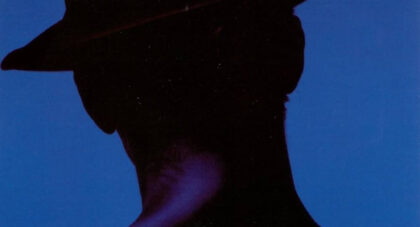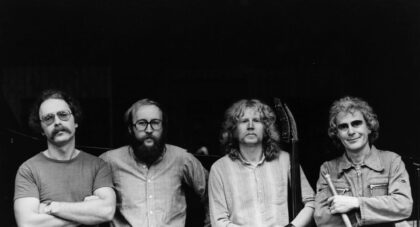Chicago guitarist Bill MacKay returns with another winningly eclectic solo LP for Drag City. Fountain Fire sneaks up on you; its songs are unassuming at first, with a loose, conversational feel to them. Ahead of the album's release, MacKay joined Aquarium Drunkard to discuss his shifting approaches, cinematic inspirations, and establishing his own musical language . . .
Only the good shit. Aquarium Drunkard is powered by its patrons. Keep the servers humming and help us continue doing it by pledging your support.
To continue reading, become a member or log in.


